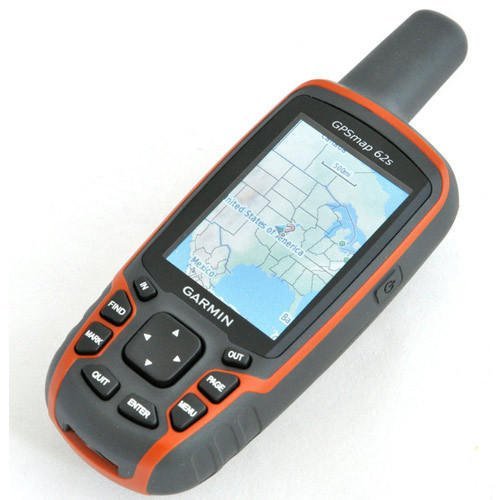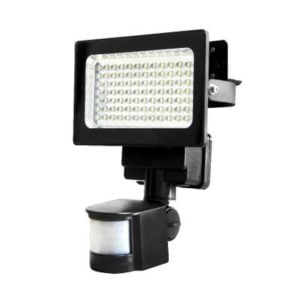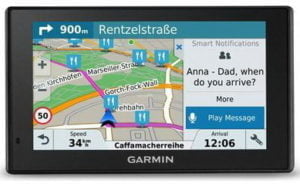An Extra-Powerful Car GPS for no Down Time
People wish that one day it would be possible to put a GPS unit in everything – your glasses, pet or cell phone (wait a minute; it already has a locator called a phone number).
That way you would never lose your stuff, however, there is one problem though. GPS signals don’t penetrate everywhere – simple things like a sheet of metal can often disrupt a GPS signal – even the roofs of cars at times.
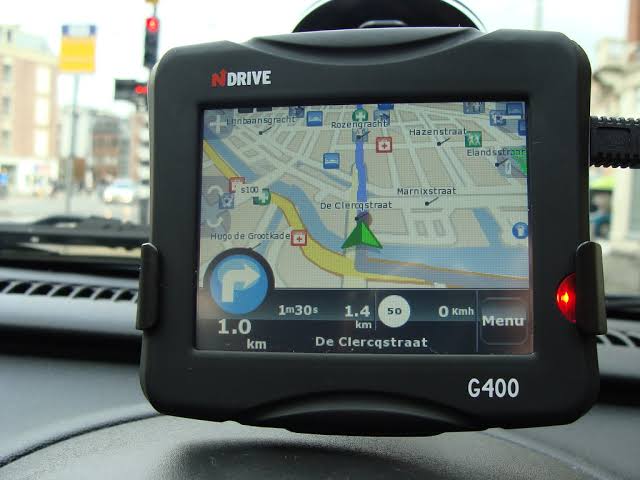
Enter the popular maker of portable car GPS devices, Zoombak. The GPS makers usually hedge their bets for how effective a device they make will be in a given situation, by adding as many tracking features as possible.
Zoombak has added the humble cell phone signal to its car GPS devices’ arsenal, to help it keep its bearings in a GPS-parched environment. And what new technology would be complete without a snazzy tech name to go with it?
They thought of “Locate Assist”. It only works in an assistive role – supplementing GPS satellite information in most cases.
As with every other GPS device on the market, this model beams back and forth between the GPS satellites to narrow its location down to within a few yards. The location it determines with the GPS coordinates it gets, is pumped to computers at the company using a cell phone signal.
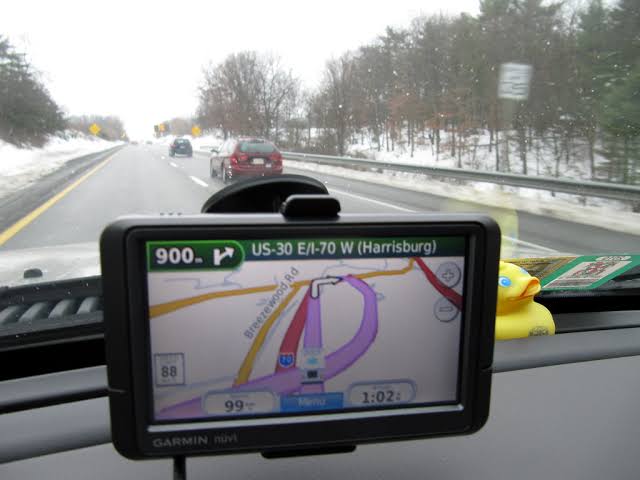
You can follow its location online – a good way to keep an eye on a teenage family member, or even a stolen car.
GPS owners complain of regularly losing signal when in a concrete jungle of a city. If someone steals your car, he just has to store it away in some basement, where the GPS signal can’t make it through all the concrete.
So Zoombak’s reply to this is to use cellular technology to supplement the GPS functionality. Since all Zoombak products do come with cellular technology built-in, you just need a software upgrade to turn this on.
Of course, whatever location information it succeeds in wringing out of the cellular control channel isn’t much when you compare it to a car GPS.
Most of the time, it can only narrow you down to within a few hundred yards. Cellular signals come in three accuracy levels – one that narrows it down to 150 yards, another that gets you to three-quarters of a mile, and one that goes out to a mile and a half.
After all, they made cellular control signals just so that the cellular system could know which tower could give you the best signal. Still, when you are really struggling for a proper signal, cellular supplemental information can be useful.



